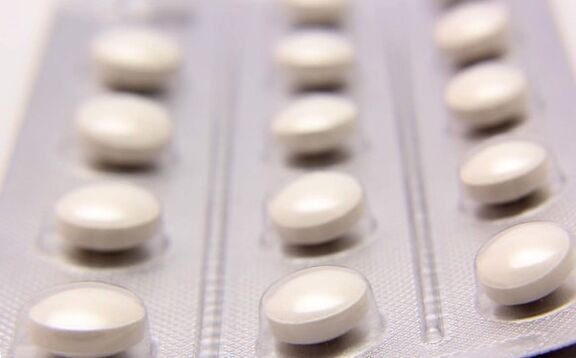
In life, we often encounter situations where we have to take antibiotics and are invited to some kind of celebration. Therefore, in this case, the question of whether it is possible to drink alcohol while taking antibiotics is particularly prominent. Below we will provide complete information about this issue.
In many cases of bacterial infections and less common fungal infections, antibiotics are prescribed for treatment. It is important to remember that the course of antibiotic treatment should not be interrupted. Its duration may vary, depending on the type of disease and its severity (3-7 days or longer). Many people think it is necessary to "quit" holiday life and not accept any invitation to a meal, which makes many people feel scared. But in practice, everything is not so terrible.
If you can handle this problem, from a medical point of view, you can attend a banquet with your relatives and receive antibiotic treatment.
The golden rule: Always drink in moderation.
In some cases, as described below, you can certainly combine alcohol with antibiotics. But when prescribing antibiotics, you need to be careful not to overload your body with excessive alcohol. In any case, when ethanol enters your body, all your defenses will be invested in the fight against it. For example, in the case of lingering diseases, these forces may be the last force. Immunity will be further weakened, and recovery will be postponed to the boundless future. Describe in some casesthe following, Even death is possible.
Misunderstandings about the compatibility of antibiotics and alcohol
The terrible story that it is absolutely impossible to combine the use of antibacterial drugs and alcohol is likely to spread immediately after World War II. At that time, the STD clinic was simply overcrowded, and soldiers and officers were shouldering all the hardships of military life.
Then doctors categorically prohibited their patients from drinking alcohol during antibiotic treatment, but not because mixing the latter is harmful to health, but for a very mediocre reason-a soldier can "go all out" and get a new drink after a drink. Genital infections.
Another theory is that the ban was caused by the high labor cost when receiving penicillin. Strangely, penicillin evaporates from the urine of soldiers receiving treatment. Therefore, in order to obtain medically pure drugs, they were forbidden to drink beer during the entire treatment period.
Since then, the dangerous theory of mixing alcohol and antibiotics has become popular among people, and many people still believe that they cannot be mixed. But what is your opinion on the issue of evidence-based medicine?
Research facts
As we all know, from the end of the 20th century to the beginning of the 21st century, many studies have been conducted on the effect of ethanol on various antibacterial drugs. Experiments were performed on laboratory animals and human volunteers. The results clearly show that most types of antibiotics are not affected by alcohol consumption.
All the antibiotics studied were effective in the control and experimental groups, and no overall deviation in physical and chemical reactions (the mechanism of drug distribution, absorption and excretion of decay products throughout the body) was found.
However, there is a hypothesis that alcohol does increase the negative effects of antibacterial drugs on the liver. However, in the scientific medical literature, cases describing this situation are very rare (up to 10 per 100, 000 people), and no special research has been conducted in this area.
Antibiotics incompatible with alcohol do exist
There are certain types of antibacterial drugs that interact with alcohol and produce very unpleasant symptoms-called disulfiram-like reactions in medical practice.
This reaction occurs during the chemical interaction between ethanol and certain antibiotic molecules, so the metabolism of ethanol in the body changes and the accumulation of acetaldehyde is observed.
Symptoms of acetaldehyde poisoning:
- Vomiting, nausea.
- Strong headache.
- Cramps in the arms and legs.
- The heart rate increases.
- Breathing is heavy and intermittent.
- Heat and redness of the chest, face, and neck.
In this case, if you drink a lot of alcohol, it may lead to fatal consequences!
All the above symptoms are very difficult for a person. Therefore, many medical clinics use disulfiram-like reactions (so-called "codes") when treating alcoholism.
























